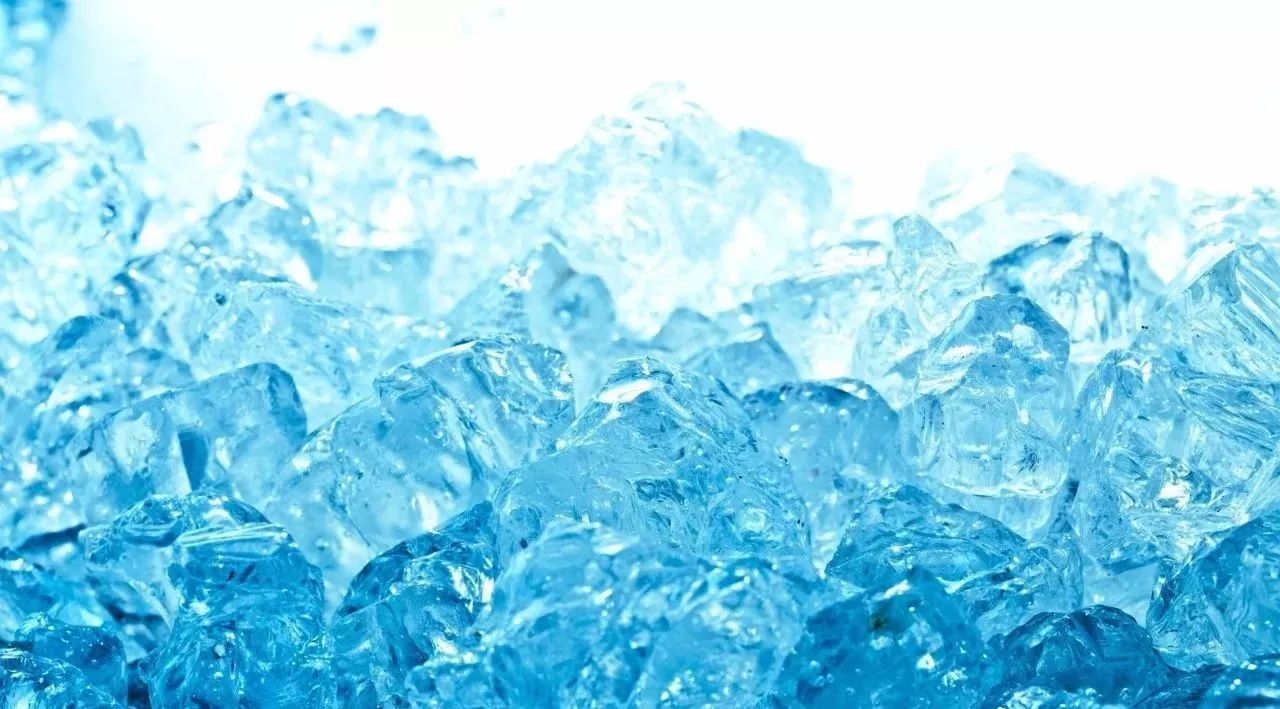
The scientific community said: "\"
this is a translation, the original text is published on the website of the Royal Chemical Society chemistryworld, the original author: EMMA STOYE, I translated it, and the original text link is attached at the end of the article. Here is a brief introduction to the Mpamba effect that many people are interested in, but whether and why this phenomenon exists is still controversial in the scientific community.
Mpamba effect: true or fictional?
if you put hot and cold water in the refrigerator at the same time, the hot water will freeze in a shorter time. This is the exact opposite of what science tells us to happen. This is a strange phenomenon called the Mpamba effect (Mpemba effect), which has been at the heart of a scientific debate for 50 years.
where did the Mpamba effect come from?
this effect is named after its discoverer, Erasto Mpemba, who went to school in Tanzania in the 1960s when he was a teenager. In cooking class, he learned to make ice cream by heating the mixture of sugar and milk on the stove and then waiting for the mixture to cool before putting it in the refrigerator. Mpamba found something strange: when he put the hot mixture directly into the refrigerator, the ice cream was finished faster.
the boy asked physicist Denis Osborne why this happened. His teachers and classmates scoffed at him, but Osborne agreed to help him with similar experiments under laboratory conditions. As a result, Osborne confirmed Mpamba's initial findings, and they published a paper together in 1969.
is a good story, so is it true?
in fact, scientists can't agree on whether this phenomenon exists, let alone why it is possible.
Mpemba and Osborne's paper recorded a huge difference in freezing time between hot and cold water, which has not been successfully repeated in other experiments. However, scientists from many fields say they have observed this phenomenon and it has been regarded as a scientific phenomenon for many years. In 2012, the Royal Chemical Society launched an open competition for participants to explain the Mpamba effect, which reached a peak among researchers and the general public.
but the camp that said "no" also fought back. A paper co-authored by Henry Burridge and Paul Linden of the University of Cambridge concluded that "no meaningful observation can support the Mpamba effect". They believe that people claim that the phenomena they observe are actually caused by incorrect measurements.
the conclusion of this paper is also quite controversial, and many scientists are not willing to give up their belief in this effect.
Why don't we know who is right?
this effect is much harder to measure than you think. Experiments on the Mpamba effect can produce different results even under exactly the same conditions.
and so on, isn't this just water freezing? is it really that complicated?
Yes, science is always complicated. One question is that a lot of the debate is about definition-for example, when we say "ice is faster," do we mean the time to reach the freezing point, the time it takes to freeze completely, or what is the time in between?
Burridge and Linden's paper focuses on the time when the water sample reaches 0 ℃. Others say that the phase transition from water to ice is an important part of this effect, and you have to measure time until it is completely frozen.
Water is a strange substance. When it freezes, a lot of things happen. It has been proposed that the nucleation, supercooling and evaporation of ice crystals are all factors that affect the performance of hot and cold water. It seems that due to the role of many variables, subtle changes in experimental techniques can lead to significant differences in the observed results. The conditions that affect the phenomenon seem quite difficult to control.
A new study shows that this phenomenon may be affected by "kurtosis", a parameter that describes the kinetic energy of water particles. The kurtosis is affected by how the sample is treated before the experiment. The researchers point out that this could explain some of the controversy in the measurement.
does this really matter?
Burridge and Linden point out that if the Mpamba effect is a reliable, repeatable and measurable effect, then it has a potential impact on some industrial processes (for example, the process of producing ice cream? )
however, given that there is no consensus on whether this phenomenon exists, nor can it develop it now-as long as the effect remains a mystery, scientists will continue to look for an explanation.
Our red bridesmaid dresses are made to unsettle even the casual looker. This section will free you from time-wasting search.
original text link: https://www.chemistryworld.com/news/the-mpemba-effect-fact-or-fiction/3008257.article